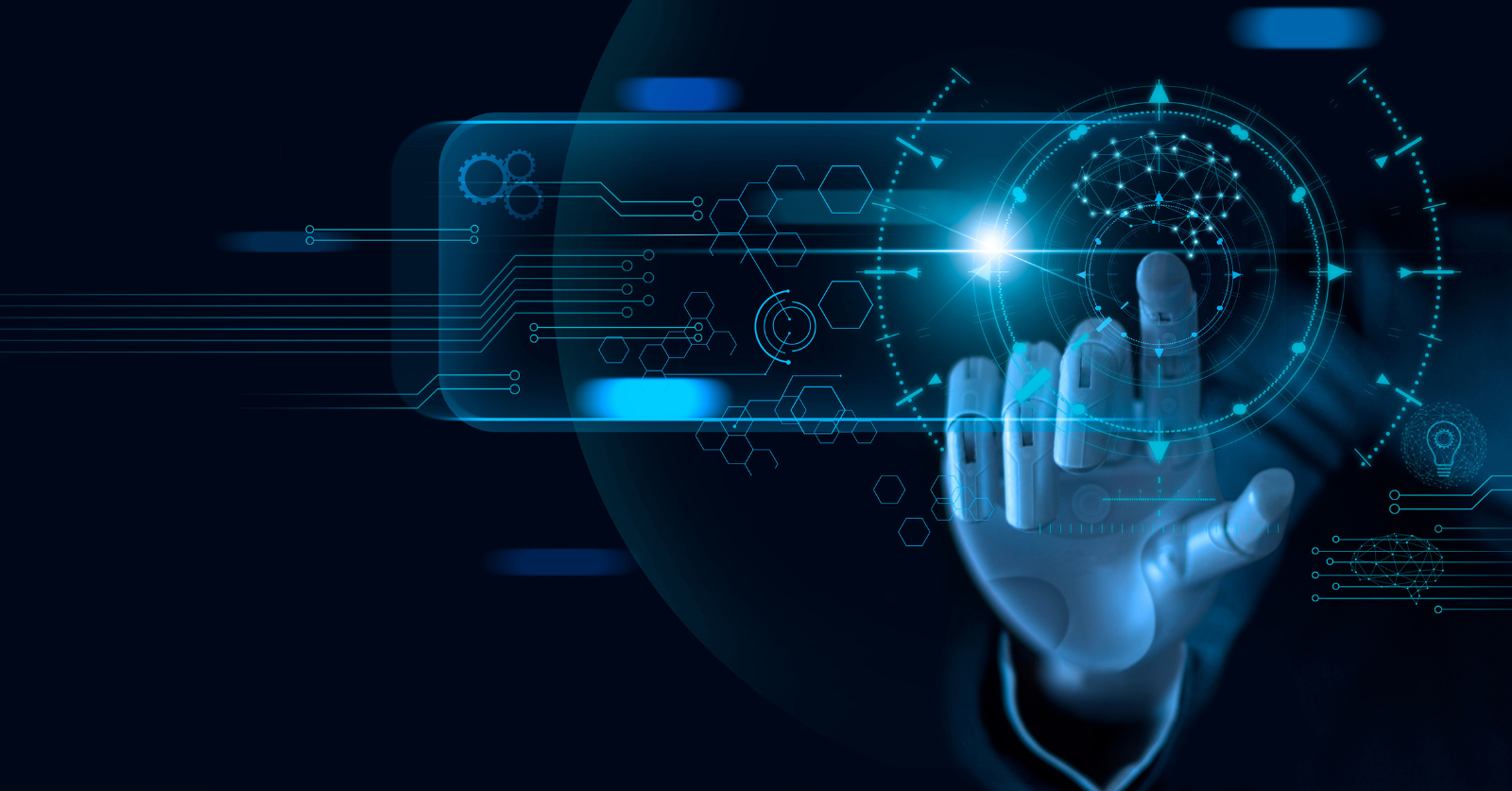
Navigating the Recruitment Revolution: Leveraging AI for Success in Talent Acquisition
The workplace is changing in ways we couldn’t have imagined just one year ago through the power of AI. Artificial intelligence is advancing at unprecedented rates, and it's becoming huge, especially in the talent acquisition landscape. Whilst AI is a fairly new concept in Australia, it is expected to increase in the years to come. As of 2023, 30% of Australian organisations reported that they had utilised AI tools to assist in filling job vacancies. Recruiters will be at the forefront of helping employers navigate these and other challenges. As employer priorities shift, recruiters will need new skills, new tools, and agility to attract and place the best talent.
In this blog post, we'll explore the myriad ways AI can empower recruiters, from job advertising to candidate screening, and discuss how its integration is shaping the future of work.
Advantages of AI in Recruitment
Streamlined Communication:
Gone are the days of delayed responses and candidate neglect. With AI-powered communication tools, recruiters can ensure timely interactions with candidates, fostering a positive candidate experience and enhancing employer branding.
Enhanced Efficiency:
AI significantly enhances the hiring process by automating repetitive tasks like candidate sourcing, screening, and engagement. With AI algorithms, recruiters can swiftly identify top candidates, reducing time-to-hire and boosting overall efficiency. Additionally, AI enables rapid data entry, allowing recruiters to add candidates to their databases in seconds, further streamlining the recruitment process.
Cost Savings:
By automating labour-intensive processes, AI helps organisations cut recruitment costs and optimise resource allocation. With reduced administrative burden, recruiters can focus on strategic initiatives and delivering high-quality candidate experiences.
Disadvantages of AI in Recruitment
Lack of Human Judgement:
While AI excels at processing and analysing data, it often falls short in areas where nuanced judgement and empathy are essential. This can result in biased decision-making and the potential to overlook qualified candidates who don't perfectly align with predefined criteria.
Moreover, AI lacks the personal touch that human interaction provides. Recruiters can easily pick up the phone to connect with candidates, offering real-time updates and personalised communication, which automated emails or messages can't replicate.
Ultimately, AI doesn't replace the importance of building relationships with candidates and clients. Face-to-face or phone conversations still hold significant value and impact that AI cannot fully emulate.
Challenges in Reference Checks:
While AI can assist in aggregating and analysing candidate data, it falls short in conducting nuanced reference checks. Human interaction is crucial in eliciting meaningful insights from references and validating candidates' credentials.
Limited Feedback Provision:
AI-driven processes may struggle to provide personalised and timely feedback to candidates, hindering the cultivation of a positive candidate experience. Human recruiters play a pivotal role in offering constructive feedback and maintaining transparent communication channels.
Human Touch in Extending Job Offers:
Building rapport and negotiating job offers require human interaction and empathy, areas where AI falls short. While technology can facilitate various stages of candidate engagement, the final steps of extending formal offers necessitate a human touch.
As organisations embrace AI in recruitment, it's essential to recognise its transformative potential while acknowledging its limitations. By striking a balance between automation and human interaction, companies can harness the power of AI to optimise recruitment processes, make data-driven decisions, and elevate the candidate experience. However, it's imperative to approach AI integration responsibly, ensuring fairness, transparency, and ethical use of technology. Ultimately, AI is not here to replace human recruiters but to augment their capabilities, paving the way for a more efficient, inclusive, and equitable future of work.

